UNIQUE OPPORTUNITY: Loan Repayment Program For Fellows in Geriatric Medicine at New York Presbyterian-Weill Cornell Medical Center: During the period of fellowship, the Division of Geriatrics and Palliative Medicine will pay its geriatrics fellows an amount equal to their monthly student loan payments, up to a maximum of $1,000 per month. Refer to FAQs for more details about this program.
Geriatric Medicine Fellowship
The Geriatric Medicine Fellowship is a one-year program which integrates outstanding, nationally recognized academic and clinical resources. Up to four fellows are accepted each year into the comprehensive program. The fellowship is designed for physicians completing training in Internal Medicine or Family Practice. Training occurs in all settings appropriate for a practicing geriatrician, including inpatient geriatrics and palliative care services at New York Presbyterian Hospital (NYPH), the award-winning Center on Aging, our geriatrics house call program, and a sub-acute and long-term care facility, and an acute care palliative hospital. In addition, residents and interns have the opportunity to work with experts in elder care in an inpatient setting by participating in the Acute Care for Elders (ACE) program, which is our teaching unit for geriatrics. The primary goal of the fellowship program is to train future clinical and academic leaders in geriatric medicine.
Rotations
Clinical training occurs in all settings appropriate for a practicing geriatrician including: acute hospital, long-term care, patients' homes, hospice, continuing care communities, and ambulatory care practice. During the fellowship, fellows spend an ample amount of time in an acute hospital and long-term care setting. Continuity outpatient and house call sessions continue throughout the one-year of fellowship. Formal didactic experiences include a core curriculum in geriatrics, journal club, fellows' conferences, research seminars, grand rounds (medical and geriatrics) and clinical conferences.
Fellows rotate through the following institutions and sites:
- NewYork-Presbyterian/Weill Cornell Geriatrics Consultation Service
- NewYork-Presbyterian/Weill Cornell Palliative Care Consultation Service
- NewYork-Presbyterian/Weill Cornell Acute Care for Elders Unit
- Center on Aging
- The EGL Charitable Foundation Medical House Call Program in Memory of Clara Elizabeth Scheuermann
- Mary Manning Walsh
- Calvary Hospital
Sample Block Diagram – Geriatric Medicine Fellowship Program
Subject
Duration
Orientation
1 week
Inpatient consult service
12-14 weeks
Palliative care
6-8 weeks
Psychiatry
2 weeks
ACE Unit Teaching Fellow
2 weeks
Long-term care (Amsterdam)
4 weeks
Rehabilitation
3 weeks
Ambulatory
3-4 weeks
Neurology
3 weeks
Hospice (Calvary)
2 weeks
Conference/Boards
2 weeks
Independent Study
2 weeks
Vacation
4 weeks
Research
Fellows have the opportunity to participate in the variety of quality improvement and clinical research initiatives underway within the Division of Geriatrics and Palliative Medicine. Individual fellows' research interests are matched with the array of mentors available within the Division and Department to help support the fellows. Fellows also have the opportunity to submit their clinical or research work to national conferences.
Teaching
Fellows are provided ample opportunities to fine-tune their teaching skills via lectures and supervision of medical trainees at all levels in addition to experiences in community health education. Fellows develop an academic portfolio of scholarly activities including core curriculum lectures, case conferences, journal clubs, and quality improvement projects. Formal didactic experiences for fellows include a core curriculum in geriatrics and palliative medicine, journal clubs, psychosocial conferences, research seminars, Medicine and Geriatrics grand rounds and inter-professional clinical case presentations.
Fellows
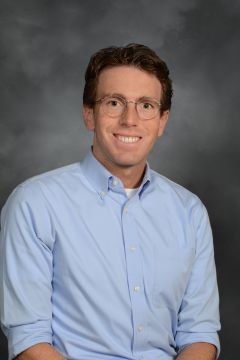
Alexander Jordan, MD
Medical School: Tufts University School of Medicine
Residency: Montefiore Medical Center/Albert Einstein College of Medicine
2023-2025 Integrated Geriatrics and Palliative Medicine Fellow
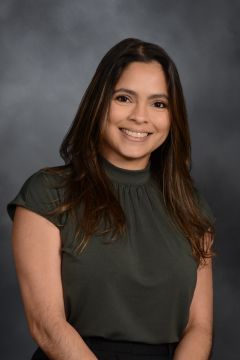
Nathalie Toribio, MD
Medical School: Universidad Iberoamericana School of Medicine
Residency: Jacobi Medical Center/Albert Einstein College of Medicine
2023-2024 Geriatric Medicine Fellow
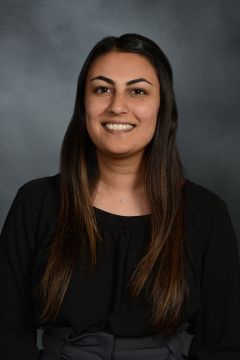
Aleena Shaukat, MD
Medical School: Saba University School of Medicine
Residency: Nuvance Health
2023-2024 Geriatric Medicine Fellow
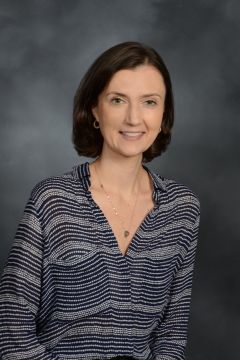
Emily Frey, MD
Medical School: University of Chicago Pritzker School of Medicine
Residency: NYP - Weill Cornell Medical Center
2023-2024 Geriatric Medicine Fellow
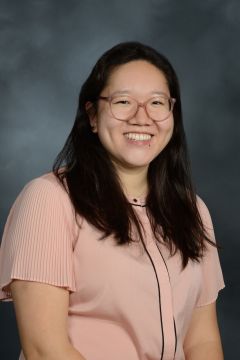
Emily Zhou, MD
Medical School: Jacobs School of Medicine at the University of Buffalo
Residency: Brown University Primary Care
2023-2024 Geriatric Medicine Fellow
Emily Fessler, MD
Associate Program Director
Brittney Parillon, MPH
Program Coordinator

